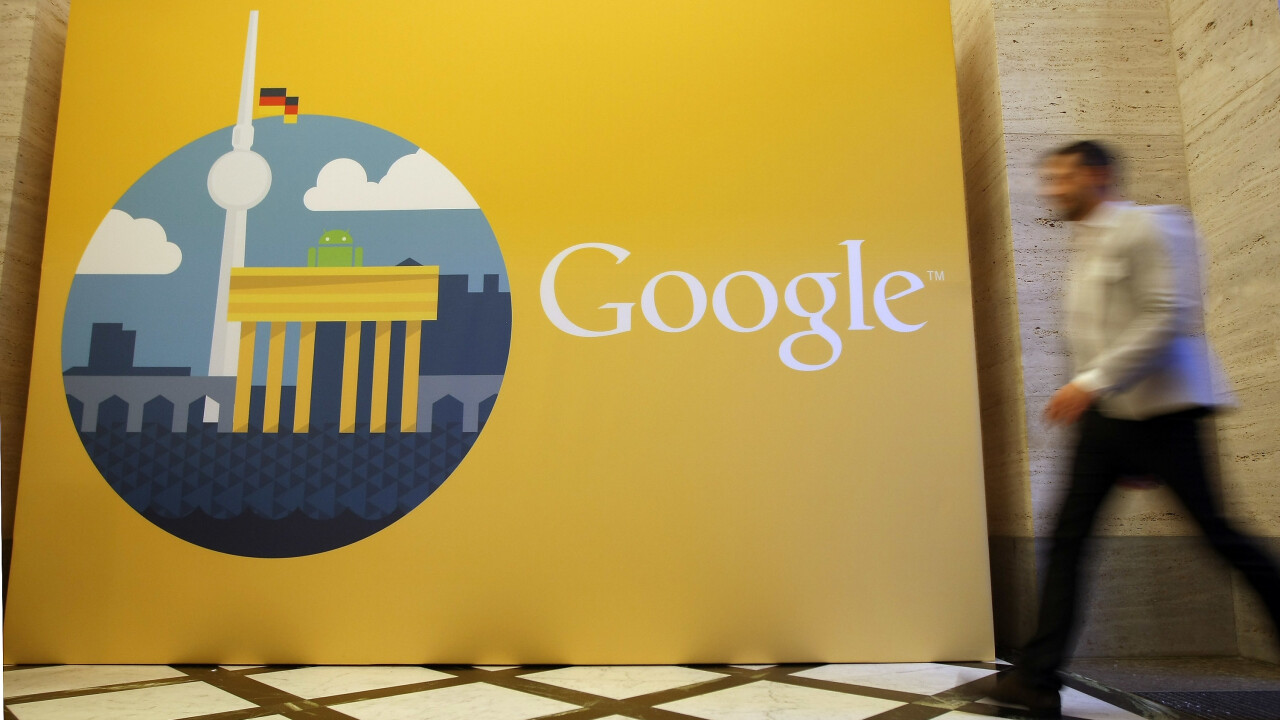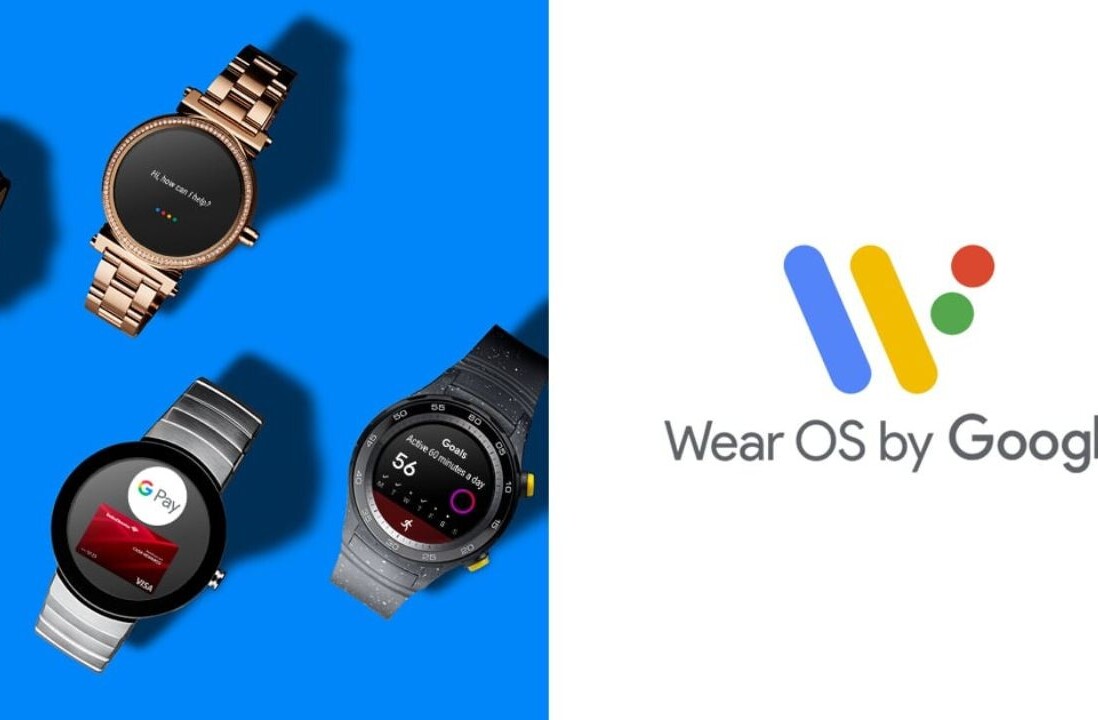
Google has unveiled the code for its open source Physical Web standard, an attempt to provide an easier way to communicate with public connected devices like vending machines, posters and bus stops.
The Internet of Things is making objects around us smarter, but we don’t have a standard way of interacting with them. Many devices require you to download a custom mobile app, but that’s overkill if it’s just for a one-time use.
The Chrome-sponsored Physical Web project wants to use URLs to lower the barrier for “tiny use cases.” Google’s examples include:
- A bus stop tells you the next bus arrival
- Parking meters and vending machines all work the same way, letting you pay quickly and easily
- Any store, no matter how small, can offer an online experience when you walk in
- A ZipCar broadcasts a signup page, allowing you to immediately drive away

Google notes in its documentation that it has published the Physical Web specifications early to allow for greater discussion and feedback. Doing so should also make it easier for other companies to get involved instead of keeping it as just a Google project. Currently, the system supports Bluetooth Low energy, but the specification is open to other wireless broadcast methods.
The initial release of the Physical Web includes an Android app that can detect URLs broadcast by devices, with an iOS app coming in the future. The app keeps track of beacons in the background and then shows a list of nearby devices when opened, though users can also opt-in to push notifications.
Bringing physical objects and appliances – things, if you will – online is a wild frontier right now, but tech companies are moving quickly to put standards in place. ARM, for instance, recently announced a new operating system and platform for its IoT micro-controllers. Introducing a new standard isn’t easy, even for firms as big as Google and ARM, but building on top of existing infrastructure and protocols makes adoption easier. Google’s decision to rely on URLs may be decidedly old school, but it might just succeed for that very reason.
Top image credit: Adam Berry/Getty Images
Get the TNW newsletter
Get the most important tech news in your inbox each week.




